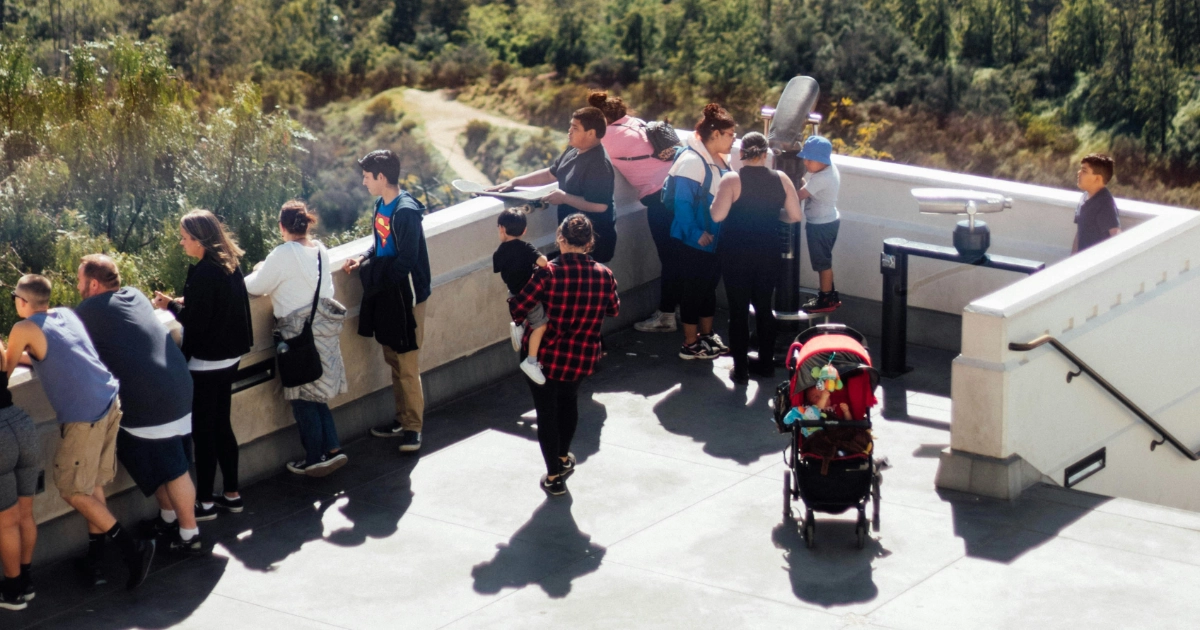The approach used focuses on developing tools, roles and work routines that facilitate network collaboration, with principles of internal and external co-responsibility, boosting the Program with joint and organic actions in an integrated and permanent manner. The program is organized based on municipal public policies and academic institutions, the IFRS, and aims to trigger actions among segments of civil society and companies.
We highlight below the items that are driving forces of the “Rio-grandina” Family Network:
- Sensitization of Municipal Policy managers to develop actions in the area to strengthen actions and projects in the delimited territory.
- Agreement with the Support Network to expand support offers to high-priority families.
- Support awareness involving segments of civil society, companies, and educational institutions to create a space for dialogue and integration of the municipality’s social actions, at first called Civil Society Forum.
- Diagnosis of the needs of the other families visited and evolution with the municipal network of the priority demands, with a view to implementing the registration of an integrated digital therapeutic plan between the services of the Municipal Network.
- Organization of schedules of events in the territory, training for community leaders and seminars of evaluation and accountability for the “Rio-grandinas” Families Program Network .
- CRAS Dr. Lúcia Nader.
- The challenges listed below refer to the need to work with greater emphasis on these issues:
- Sensitization of the leaders of the Public Sector, Civil Society, the Private Initiative and the HEIs and presentation of the project in the Great Pact to expand the “Rio-grandina” Family Network Program.
- Organization of a joint effort to visit families and application of a needs mapping form to identify high priority families.

